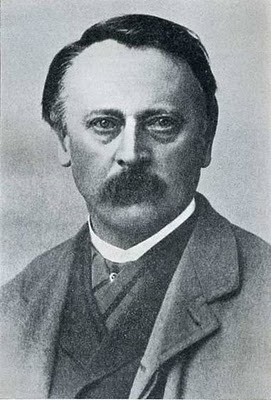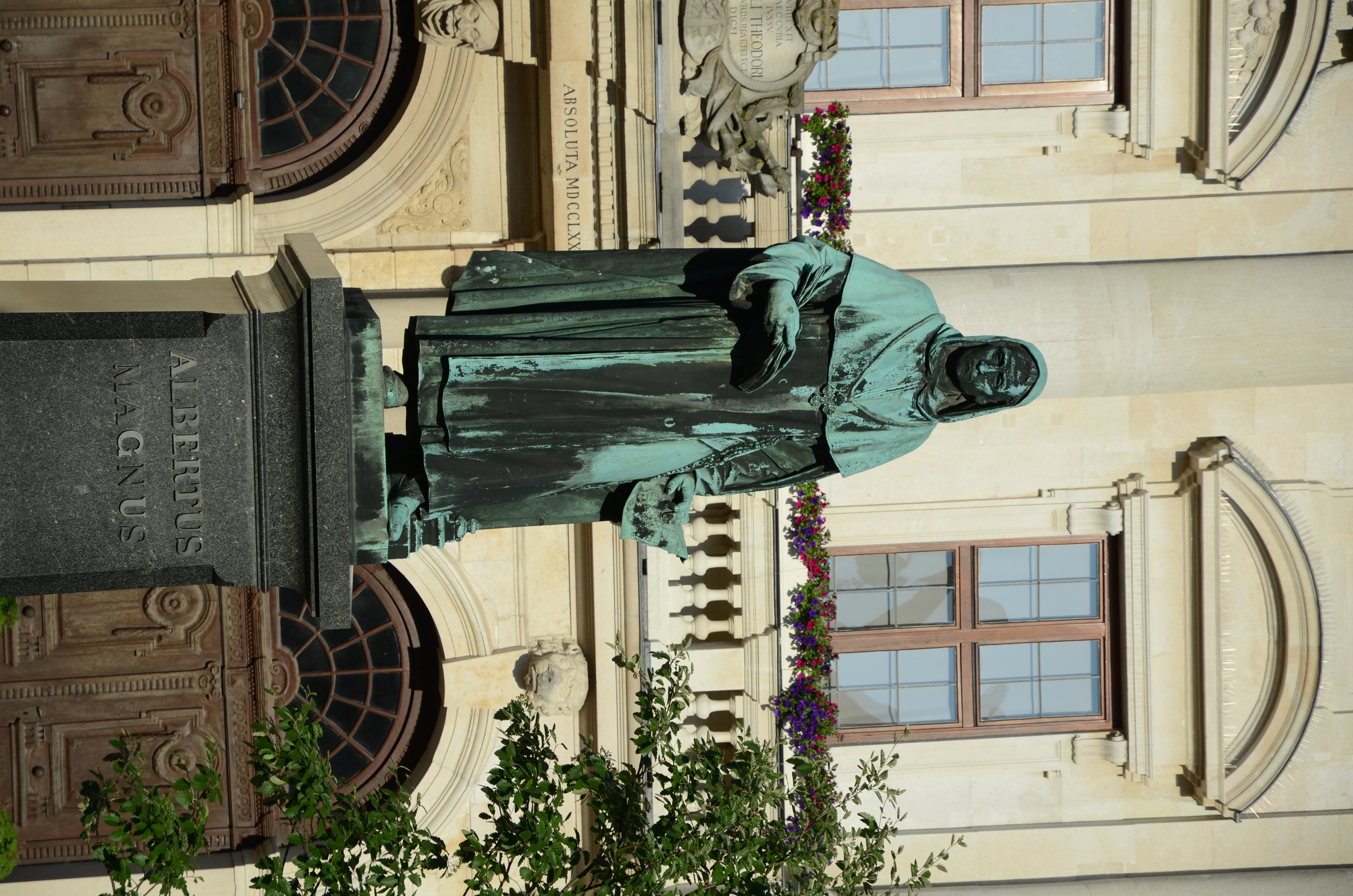|
Georg Barfu├¤
Georg Barfu├¤ (born June 10, 1944) is a German politician, a representative of the FDP. He was educated in lauingen elementary school 1950-57 then 1957-60 Donauw├Črth private school before going to Donauw├Črth vocational school 1960-62. He served as mayor of lauingen, where he commissioned the Hicret Mosque, earning him the nickname "T├╝rkenschorsch". He was a member of the Landtag of Bavaria. He served as a member of the CSU for 24 years before joining the FDP for 4 years. He is married with five children. See also *List of Bavarian Christian Social Union politicians A list of notable politicians of the Christian Social Union in Bavaria (CSU): A * Manfred Ach * Heinrich Aigner * Ilse Aigner * Katrin Albsteiger * Max Allwein * Walter Althammer * Hans Amler * Erwin Ammann * Johann Anetseder * Willi Ankerm├ ... References External linksOfficial site Christian Social Union in Bavaria politicians 1944 births Living people {{Germany-CSU-politician-stub ... [...More Info...] [...Related Items...] OR: [Wikipedia] [Google] [Baidu] |
Politician
A politician is a person active in party politics, or a person holding or seeking an elected office in government. Politicians propose, support, reject and create laws that govern the land and by an extension of its people. Broadly speaking, a politician can be anyone who seeks to achieve political power in a government. Identity Politicians are people who are politically active, especially in party politics. Political positions range from local governments to state governments to federal governments to international governments. All ''government leaders'' are considered politicians. Media and rhetoric Politicians are known for their rhetoric, as in speeches or campaign advertisements. They are especially known for using common themes that allow them to develop their political positions in terms familiar to the voters. Politicians of necessity become expert users of the media. Politicians in the 19th century made heavy use of newspapers, magazines, and pamphlets, as well ... [...More Info...] [...Related Items...] OR: [Wikipedia] [Google] [Baidu] |
Free Democratic Party (Germany)
The Free Democratic Party (german: link=no, Freie Demokratische Partei; FDP, ) is a liberal political party in Germany. The FDP was founded in 1948 by members of former liberal political parties which existed in Germany before World War II, namely the German Democratic Party and the German People's Party. For most of the second half of the 20th century, the FDP held the balance of power in the Bundestag. It has been a junior coalition partner to both the CDU/CSU (1949ŌĆō1956, 1961ŌĆō1966, 1982ŌĆō1998 and 2009ŌĆō2013) and Social Democratic Party of Germany (1969ŌĆō1982, 2021ŌĆōpresenter). In the 2013 federal election, the FDP failed to win any directly elected seats in the Bundestag and came up short of the 5 percent threshold to qualify for list representation, being left without representation in the Bundestag for the first time in its history. In the 2017 federal election, the FDP regained its representation in the Bundestag, receiving 10.6% of the vote. After the 2021 fe ... [...More Info...] [...Related Items...] OR: [Wikipedia] [Google] [Baidu] |
Donauw├Črth
Donauw├Črth () is a town and the capital of the Donau-Ries district in Swabia, Bavaria, Germany. It is said to have been founded by two fishermen where the rivers Danube (Donau) and W├Črnitz meet. The city is part of the scenic route called "Romantische Stra├¤e" (Romantic Road). The city is situated between Munich and Nuremberg, 46 km north of Augsburg. History Donauw├Črth grew up in the course of the 11th and 12th centuries under the protection of the castle of Mangoldstein, became in the 13th century a seat of Duke Ludwig II of Bavaria, who, however, soon withdrew to Munich to escape from his wife, Duchess Maria of Brabant, whom he had there beheaded on an unfounded suspicion of infidelity. The town received the freedom of the Holy Roman Empire in 1308, and maintained its position in spite of the encroachments of Bavaria till 1607, when the interference of the Protestant inhabitants with the abbot of the Heilig-Kreuz called forth an imperial law authorizing the duke of Bav ... [...More Info...] [...Related Items...] OR: [Wikipedia] [Google] [Baidu] |
Lauingen
Lauingen ( Swabian: ''Lauinga'') is a town in the district of Dillingen in Bavaria, Germany. It is located on the left bank of the Danube, 5 km west of Dillingen, and 37 km northeast of Ulm. In June 1800, the armies of the French First Republic, under command of Jean Victor Moreau, fought Habsburg regulars and W├╝rttemberg contingents, under the general command of P├Īl Kray. Kray had taken refuge in the fortress at Ulm; Moreau diverted his army to approach Ulm from the east. Kray had ordered preparation for the destruction of all the bridges across the Danube, including the one at Lauingen. A small group of French captured a foothold on the northern bank of the Danube by Grensheim, and Moreau's forces were able to move against the fortress on both sides of the river. At this battle, the culmination of the Danube Campaign of 1800, Moreau forced Kray to abandon Ulm and withdraw into eastern Bavaria."H├Čchst├żdt", ''History of the Wars of the French Revolution: Includ ... [...More Info...] [...Related Items...] OR: [Wikipedia] [Google] [Baidu] |
Landtag Of Bavaria
The Landtag of Bavaria, officially known in English as the Bavarian State Parliament, is the unicameral legislature of the German state of Bavaria. The parliament meets in the Maximilianeum in Munich. Elections to the Landtag are held every five years and have to be conducted on a Sunday or public holiday. The following elections have to be held no earlier than 59 months and no later than 62 months after the previous one, unless the Landtag is dissolved. The most recent elections to the Bavarian Landtag were held on 14 October 2018. Bavaria's current state government, formed after the 2018 election, is a coalition of the Christian Social Union (CSU) and the Free Voters (FW). Markus S├Čder has been Minister-President of Bavaria since March 2018, when he succeeded Horst Seehofer. History File:Medal Bavarian Constitution 1819, obv.jpg, Presentation medal of the ''Bayerische St├żndeversammlung'' 1819 to King Maximilian I Joseph, on the first anniversary of the constitution ... [...More Info...] [...Related Items...] OR: [Wikipedia] [Google] [Baidu] |
Christian Social Union In Bavaria
The Christian Social Union in Bavaria (German: , CSU) is a Christian-democratic and conservative political party in Germany. Having a regionalist identity, the CSU operates only in Bavaria while its larger counterpart, the Christian Democratic Union (CDU), operates in the other fifteen states of Germany. It differs from the CDU by being somewhat more conservative in social matters, following Catholic social teaching. The CSU is considered the ''de facto'' successor of the Weimar-era Catholic Bavarian People's Party. At the federal level, the CSU forms a common faction in the Bundestag with the CDU which is frequently referred to as the Union Faction (''die Unionsfraktion'') or simply CDU/CSU. The CSU has 45 seats in the Bundestag since the 2021 federal election, making it currently the second smallest of the seven parties represented. The CSU is a member of the European People's Party and the International Democrat Union. Party leader Markus S├Čder serves as Minister-Pre ... [...More Info...] [...Related Items...] OR: [Wikipedia] [Google] [Baidu] |
List Of Bavarian Christian Social Union Politicians
A list of notable politicians of the Christian Social Union in Bavaria (CSU): A * Manfred Ach * Heinrich Aigner * Ilse Aigner * Katrin Albsteiger * Max Allwein * Walter Althammer * Hans Amler * Erwin Ammann * Johann Anetseder * Willi Ankerm├╝ller * Anton von Aretin * Klaus P. Arnold * Artur Auernhammer B * G├╝nther Babel * Martin Bachhuber * Georg Bachmann * Rudolf Bachmann * Margarete Balk * Siegfried Balke * Siegfried Balleis * Dorothee B├żr * Christian Baretti * Georg Barfu├¤ * Richard Bartsch * Julia Bartz * Josef Bauer * Marie Baum * Wilhelm Baumann * Leonhard Baumeister * Gertrud B├żumer * Joseph Baumgartner * J├╝rgen Baumg├żrtner * Elisabeth Bauriedel * Winfried Bausback * Alfred Bayer * Konstantin Prinz von Bayern * Martin Bayerstorfer * Walter Becher * Pia Beckmann * G├╝nther Beckstein * Rupert Berger * Mathilde Berghofer-Weichner * Otmar Bernhard * Christian Bernreiter * Anton Besold * Karl Bickleder * Annemarie Biechl * Alfred Biehle * Renate B ... [...More Info...] [...Related Items...] OR: [Wikipedia] [Google] [Baidu] |
Christian Social Union In Bavaria Politicians
Christians () are people who follow or adhere to Christianity, a monotheistic Abrahamic religion based on the life and teachings of Jesus Christ. The words ''Christ'' and ''Christian'' derive from the Koine Greek title ''Christ├│s'' (╬¦Žü╬╣ŽāŽäŽīŽé), a translation of the Biblical Hebrew term ''mashiach'' (ū×ųĖū®ų┤ūüūÖūŚųĘ) (usually rendered as ''messiah'' in English). While there are diverse interpretations of Christianity which sometimes conflict, they are united in believing that Jesus has a unique significance. The term ''Christian'' used as an adjective is descriptive of anything associated with Christianity or Christian churches, or in a proverbial sense "all that is noble, and good, and Christ-like." It does not have a meaning of 'of Christ' or 'related or pertaining to Christ'. According to a 2011 Pew Research Center survey, there were 2.2 billion Christians around the world in 2010, up from about 600 million in 1910. Today, about 37% of all Christians live in the Amer ... [...More Info...] [...Related Items...] OR: [Wikipedia] [Google] [Baidu] |
1944 Births
Events Below, the events of World War II have the "WWII" prefix. January * January 2 – WWII: ** Free France, Free French General Jean de Lattre de Tassigny is appointed to command First Army (France), French Army B, part of the Sixth United States Army Group in North Africa. ** Landing at Saidor: 13,000 US and Australian troops land on Papua New Guinea, in an attempt to cut off a Japanese retreat. * January 8 – WWII: Philippine Commonwealth troops enter the province of Ilocos Sur in northern Luzon and attack Japanese forces. * January 11 ** President of the United States Franklin D. Roosevelt proposes a Second Bill of Rights for social and economic security, in his State of the Union address. ** The Nazi German administration expands Krak├│w-P┼éasz├│w concentration camp into the larger standalone ''Konzentrationslager Plaszow bei Krakau'' in occupied Poland. * January 12 – WWII: Winston Churchill and Charles de Gaulle begin a 2-day conference in Marrakech ... [...More Info...] [...Related Items...] OR: [Wikipedia] [Google] [Baidu] |



